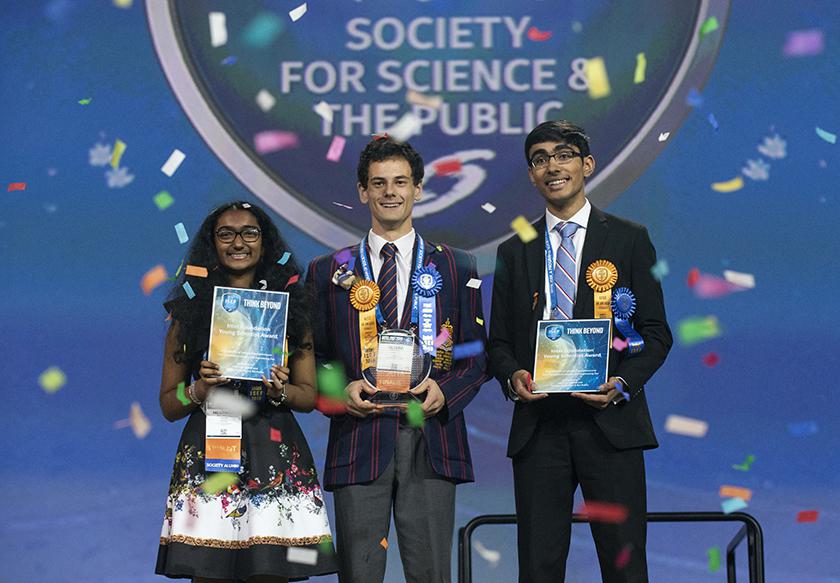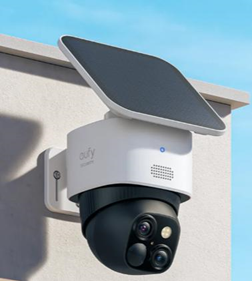Rishab Jain, 17, is a junior at Westview High School in Beaverton who runs the 800 meters for the varsity track team, participates in speech and debate, and became an Eagle Scout last year.
He also has almost 100,000 subscribers on YouTube, and is a biomedical researcher whose artificial intelligence technology, ICOR, is already being licensed by a biotech company.
Last week, as part of the 2022 Regeneron International Science and Engineering Fair, Jain received one of two Regeneron Young Scientist awards of $50,000, “for developing an AI-based model to enable rapid and cost-effective production of drugs, such as recombinant COVID-19 vaccines, using synthetic DNA engineering. His model is trained to optimize the selection of genetic codes in DNA.”
That award is one of the top three awards given at the international science fair, billed as the largest of its kind science fairs in the world.
Jain also won first place in the biomedical engineering research category.
“I’ve been actually doing research in biomedical technology and biomedicine in general for the last four or five years now,” Jain said Monday over Zoom.

While 12 or 13 might sound young to begin biomedical research, Jain said his interest in technology started even earlier.
“Maybe when I was four or five, a lot of my fondest memories come from playing around on the computer,” he said.
First, he started simple programming, inspired by his older brother.
“When technologies like Google Home, Amazon Alexa started coming out when I was in like sixth, seventh grade,” Jain said, “that’s when the idea of AI started to fascinate me and I got interested in AI programming.”
Now, he’s being nationally recognized for his work using AI to substantially increase the amount of synthetic genes that can be produced in E. coli bacteria to create a variety of drugs.
This award isn’t the end for Jain, however. Instead, it’s just the beginning. He wants to apply his algorithm to other types of cells beyond E. coli, and he ultimately wants to improve lives with his research.
After graduating – he still has a year left in high school – Jain plans to go to college and start down the path to medical school, with the goal of continuing his research and getting both an MD and a Ph.D.
“I’m interested in not only biology but medicine,” Jain said. “And that’s why I’ve been in this field of biomedical engineering and applying my skills from engineering to make an impact on a patient’s life.”
-- Lizzy Acker
503-221-8052 lacker@oregonian.com, @lizzzyacker
Note to readers: if you purchase something through one of our affiliate links we may earn a commission.









